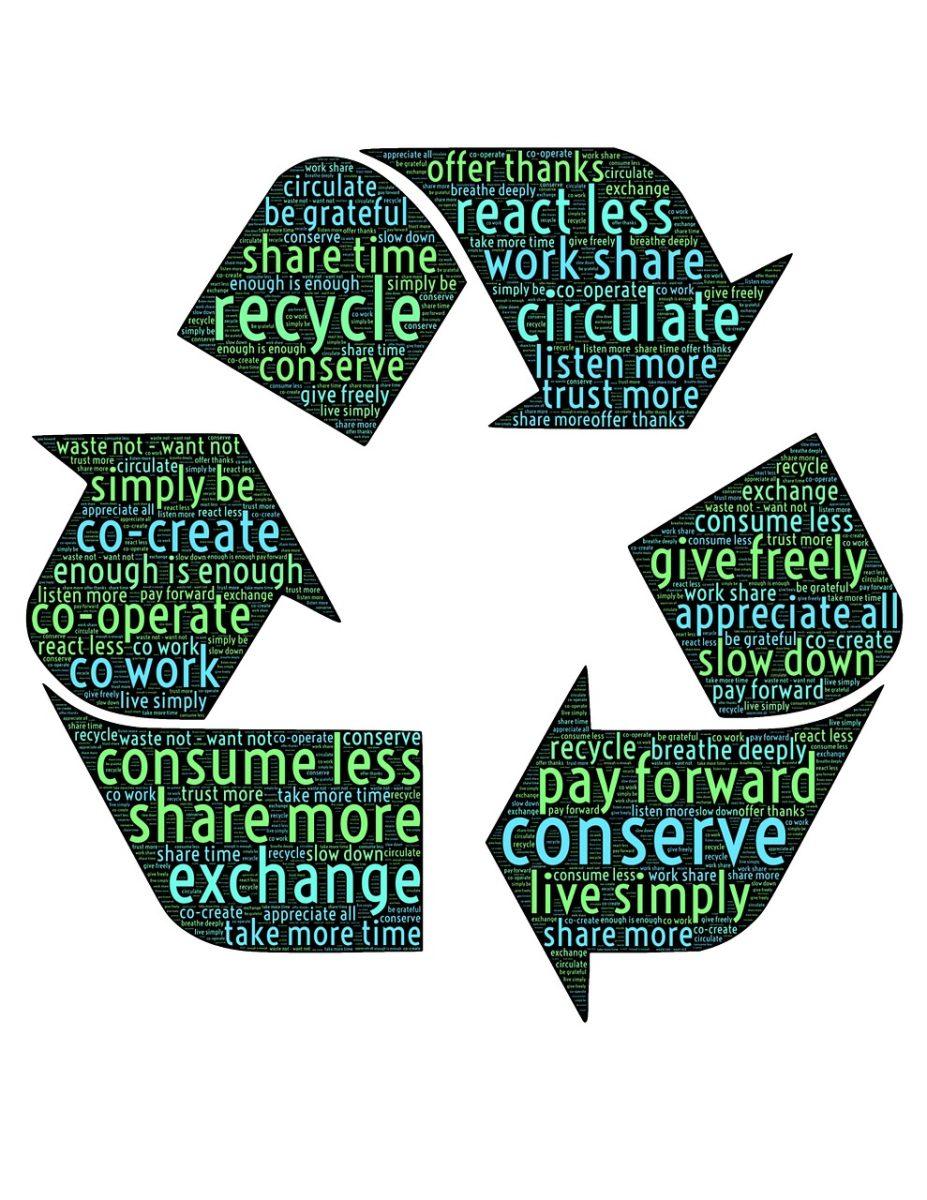Sustainability as a concept is often tied to ideas regarding eco-friendliness and has risen to prominence in Wellesley’s priorities, especially over the past few years. The College certainly has included sustainability as a priority, with initiatives such as the bike share program , implementing composting in dining halls, the recent Sustainability IdeaFest and environmentally friendly renovations in the Campus Renewal plans. However, the concept of sustainability extends beyond making Wellesley more eco-friendly; sustainability needs to be a priority at Wellesley, but it needs to be a priority that we don’t oversimplify. It means making sure that a Wellesley education remains a financially stable and sustainable investment.
The Wellesley News is looking forward to what comes out of the upcoming sustainability plan that results from the Sustainability IdeaFest. Some of the most promising ideas that we saw come out of the Sustainability IdeaFest included things like subsidizing commuter rail passes, and we hope those will be kept in mind for future sustainability improvements.
Sustainability IdeaFest emphasized that sustainability is a discipline that we can expect from everyone in the College community. Although the concept of sustainability is usually isolated into academic disciplines such as environmental science and political science, there are things every department and student can do to cut costs and be more environmentally responsible. For one, we can all print less paper. We can all shut the lights off when we leave the room. We can all muster up the energy to walk the extra 30 feet to the recycling bin. But just as we expect sustainable practices from students and academic departments, we also expect them from the college administration.
Sustainability is an environmental responsibility, but it also provides an opportunity to lower costs for the College. If costs can be maintained or cut, it would be our hope that Wellesley can reduce its annual tuition hike, or optimistically, maintain tuition at its current level. It’s old news to say that college, especially a private liberal arts college such as Wellesley, is an expensive institution to operate. Wellesley students don’t want something for nothing — we recognize that receiving the quality education we do comes with a significant price tag. However, we also expect the administration to consider ways that the College could be saving money through sustainable practices.
In the wake of several students dropping out because their financial aid has been cut — a problem that may worsen now that tuition has increased — it’s important to remember that choosing to attend Wellesley is not an eager, starry-eyed decision made once by a senior in high school. It’s a calculated risk reconsidered every semester: can I afford to stay here? It’s a decision we make again and again, at least eight times. We don’t go to college thinking that, in a year or two or three years, we may not be able to afford our dream school. We see private college as a choice we can sustain for four years, until we become proud Wellesley alums.
Sustainability is not just a buzzword for environmental studies students. It speaks to a level of social and financial responsibility that we, as students, will try to demonstrate. We also expect social and financial commitment from the College: eco-friendly, cost-reducing innovations that will help maintain affordable tuition, both for us and for the students who follow.






